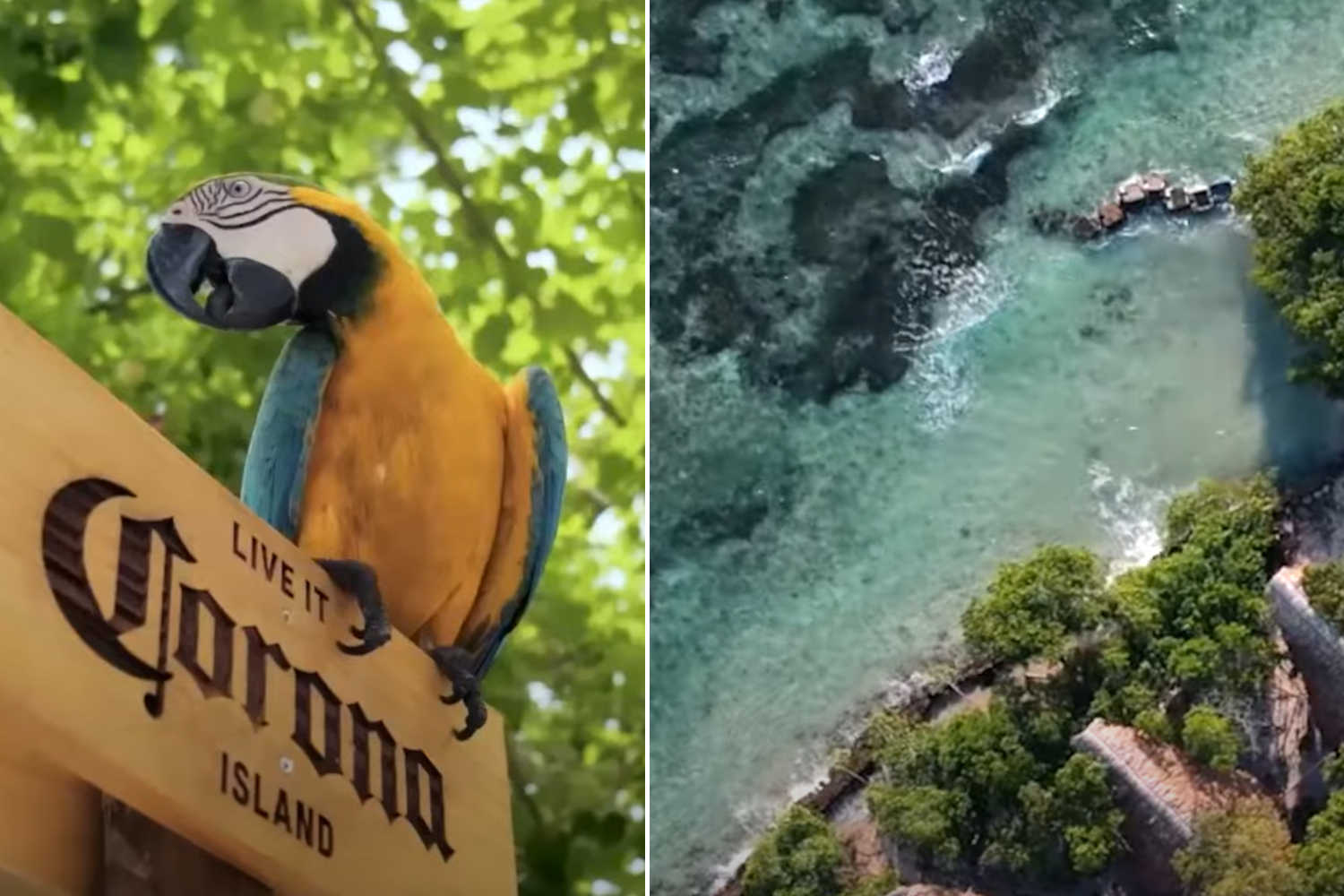Corona Island from the Corona beer brand looks like a tropical dream of luxury and sustainability, but what's really behind it? Greenwashing and marketing are the order of the day

@Corona/YouTube
In the heart of the Caribbean Sea, off the coast of Colombia, Corona Island has officially opened its doors. This ambitious project is the latest endeavor by the famous beer brand Corona. Presented to the world as an eco-tourism oasis, the island is now open to the public, offering an exclusive experience in direct contact with nature, all while respecting environmental values.
Corona Island has positioned itself as the first tourist destination in the world to be certified “plastic-free” by Oceanic Global, earning the prestigious Blue Verified seal. On the island, single-use plastic is completely banned, the bungalows are built with local materials, and up to 70% of its energy needs are powered by solar panels. A virtuous model that, at least on paper, represents an example of sustainable tourism.
The island accommodates only 10 premium bungalows, ensuring an exclusive offering limited to a maximum of 20 guests at a time. The experience includes rejuvenating activities such as yoga, meditation, kayaking, stargazing, and a menu created by Chilean chef Christopher Carpentier, featuring local ingredients and anti-waste recipes.
An elite luxury that’s hardly sustainable
So far, the project seems perfectly aligned with sustainability values. However, one may wonder: is this truly a replicable model or simply an elaborate branding operation? The island is branded down to the smallest detail, and despite its reduced ecological footprint, it remains accessible only to a few, turning sustainability into a luxury reserved for the elite.
While the experiences offered are enchanting, they appear more tailored for creating Instagram-worthy content rather than for a genuine educational impact. Furthermore, the environmental footprint of air travel to reach Colombia is left unaddressed.
Corona Island represents a fascinating experiment rich in environmental best practices, but it risks falling into the trap of greenwashing if its message is not accompanied by real, transparent commitment beyond the island itself. In other words, the island is a brilliant showcase of what sustainable tourism could become, but for now, it remains a tropical boutique for a select few.
Source: Corona Island
